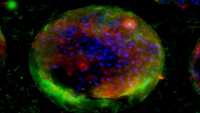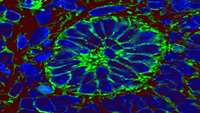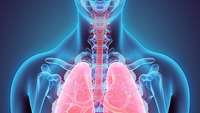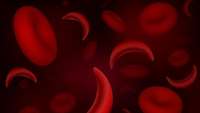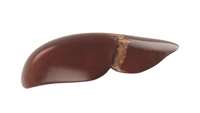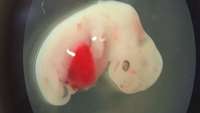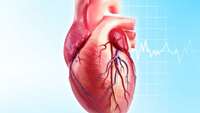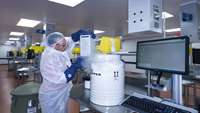President Rouhani:
Today, in High technologies, such as stem cells, space science, nuclear, bio and nanotechnology, we are among the advanced countries in the world."
President described the Iranian nation the promoters of civilisation and pioneers of democracy in the region and said: "We can create a great civilisation with good planning and hard work".
Organ-on-chip technology enters next stage as experts test hepatitis B virus
Artificial human organs, or organ-on-chip technologies, simulate a whole organs cell make up and physiology. They act as alternatives to animal models in drug safety testing, but until now they have not been used to test how infectious diseases interact with the organs.
Scientists create functioning kidney tissue
The study led by Professors Sue Kimber and Adrian Woolf from The University of Manchester, signifies a significant milestone in the development of treatment for kidney disease.
Researchers engineer natural windpipe replacement alternative to synthetic scaffolding now being used
Biomedical engineers at Case Western Reserve University are growing tracheas by coaxing cells to form three distinct tissue types after assembling them into a tube structure-without relying on scaffolding strategies currently being investigated by other groups.
Two Types of CRISPR Gene Editing Could Be Useful in Treating Sickle Cell Anemia, Editas Reports
Two kinds of CRISPR gene editing therapies show promise as treatments for a number of blood diseases, including sickle cell anemia, Editas Medicine reports.
Scientists Create Most Sophisticated Human Liver Model Yet
Scientists at Wake Forest Institute for Regenerative Medicine (WFIRM) have developed the most sophisticated mini-livers to date. These organoids can potentially help scientists better understand certain congenital liver diseases as well as speed up efforts to create liver tissue in the lab for transplantation into patients.
Breakthrough as scientists grow sheep embryos containing human cells
Growing human organs inside other animals has taken another step away from science-fiction, with researchers announcing they have grown sheep embryos containing human cells.
UW STUDY ADVANCES GENE THERAPY FOR GLAUCOMA
While testing genes to treat glaucoma by reducing pressure inside the eye, University of Wisconsin-Madison scientists stumbled onto a problem: They had trouble getting efficient gene delivery to the cells that act like drains to control fluid pressure in the eye.
Study maps molecular mechanisms crucial for new approach to heart disease therapy
Creating new healthy heart muscle cells within a patients own ailing heart. This is how scientists hope to reverse heart disease one day. Today, a new study led by UNC-Chapel Hill researchers reveals key molecular details that should be useful in developing this ambitious approach.
In Race for Blood Cancer Therapy, a Chinese Biotech Firm Surges 500 percent
In the global race to use human immune cells to fight cancers, a little-known Chinese firm called GenScript Biotech Corp. is emerging as one of the biggest stock gainers.



